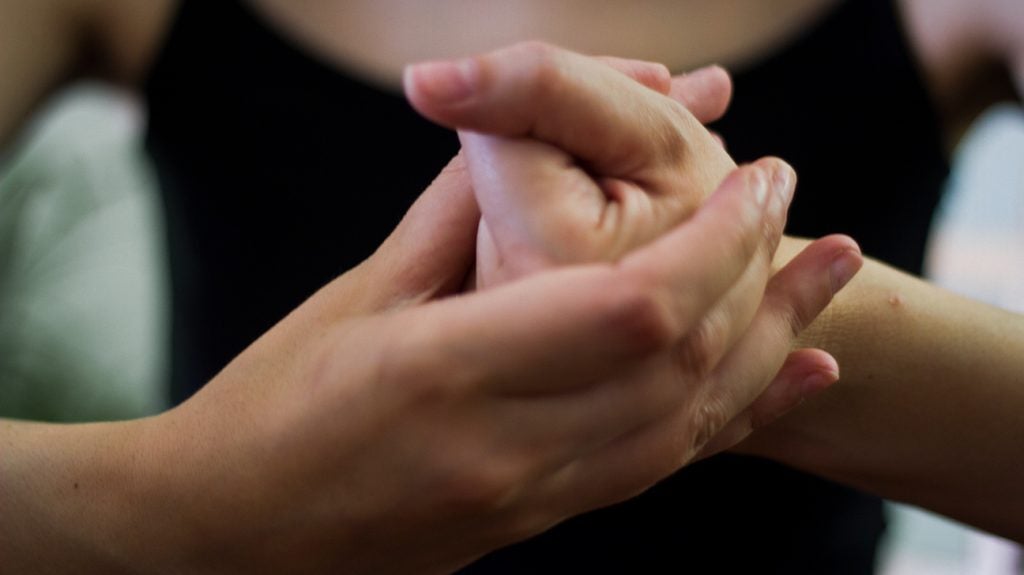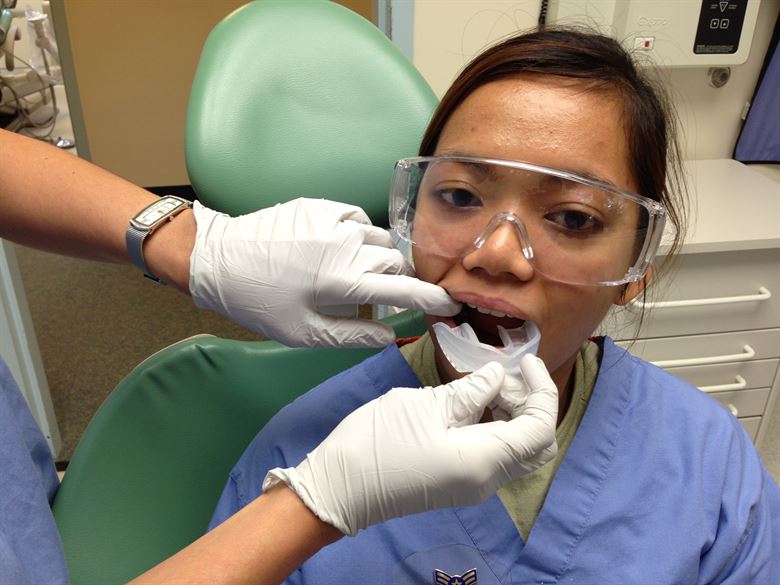
The 5 most peculiar disturbing habits examine the strangest behaviour you display daily without you even being aware of them. These 5 most peculiar disturbing habits may seem weird and annoying to your family and friends. But they may help you focus on a task, relieve your stress, or maybe be a sign of a health problem. Whatever the habit, the goal is how to treat and prevent or resist the urge.
Crotch Grabbing

Crotch grabbing wins a place in the 5 most peculiar disturbing habits. Grabbing your crotch is an overt act of holding, stroking, patting, scratching, massaging, or otherwise fondling your genitals in private or public.
A man grabbing his crotch is a dramatic meme during Michael Jackson’s dance moves. Thereafter, several singers have done a lot of crotch-grabbing on stage simply to make a statement “I am a guy”. However, the reality is that crotch-grabbing is no longer exclusive to entertainers. For instance, Rafael Nadal’s pulling his underwear out of his butt before serving during a tennis tournament is a ritual that helps him focus. Likewise, the habit has permeated the ordinary menfolk, where young men grab their crotch routinely, privately, or in public.
So why can’t men keep their hands off their pants? First of all, it’s a way of protecting their package, keeping it out of harm’s way. Second, it eases their nerves. Third, it feels good to do so. Fourth, shows you’re the boss. Ok, fair enough if you grab your crotch in the privacy of your home. But unless you are an entertainer on stage, or a sportsman on the field, grabbing your crotch is not humorous.
https://www.menshealth.com/trending-news/a19547598/why-men-put-hands-down-their-pants/
How to resist the urge
Stick to underwear and jocks that are comfortable and adjust to your movement, like boxers. And, if the itchy sensation in your crotch happens in public, rearrange yourself with style in 3 steps. First, use your hand through the pocket. Second, act swiftly. Third, be considerate.
Finally, personal hygiene such as daily body washing, and change of underwear, is also important. Similarly, check for any fungi infections and treat them accordingly.
Frequent Throat Clearing

There are times when something you inhaled will cause you to frequently clear your throat. It can also become a habitual response rather than an actual need or sometimes signal an underlying health issue.
The causes of chronic throat clearing include acid reflux, allergies, tobacco smoke, air pollution, and asthma. Plus if present for a long time, throat clearing can become habit-forming. The fact is that when you clear your throat, you are transferring mucus from your throat to your mouth and nose. Instead, get the mucus going in the right direction: drink water and swallow.
Moreso, clearing your throat frequently is damaging. First, the trauma from throat clearing can cause irritation and swelling of your vocal cords. Second, the irritation and swelling can cause even more mucus production and more throat clearing. Third, more throat clearing causes more stagnant mucus which causes more throat clearing, which causes more mucus, etc. It is a vicious cycle that can be difficult to break. Besides, without a determined effort to break the cycle, the throat-clearing will not stop.
How to resist the urge
Your doctor may prescribe medication to treat acid reflux disease. Furthermore, nose and throat sprays may be prescribed to treat underlying allergies or asthma. While avoidance of irritants is beneficial.
Nonetheless, without changes in behaviour, these treatments will not be successful. The following changes are recommended:
- Do not clear your throat. Instead, swallow to get the mucus going in the right direction.
- Carry water always to assist with swallowing and mucus clearing. Hence whenever you feel like clearing your throat, take a sip of water instead.
- Increase your water intake. This will thin your mucus and make it easier to swallow.
- Gum chewing can help with swallowing, reflux, and throat clearing. But stop chewing gum if you develop jaw discomfort or headaches.
You may also ask your friends and family to tell you to swallow when you clear your throat. For instance, some people have been clearing their throats for so long, they are oblivious to the habit.
Remember that the urge to clear your throat will not go away immediately. It may take 8-12 weeks for the medications and behaviour changes to work. So be patient.
Knuckle Cracking

Another one of the 5 most peculiar disturbing habits is knuckling cracking. It is the audible sound that occurs when the joints of your fingers are stretched. And it can be disturbingly loud. Knuckle cracking actually relieves numb fingers and relieves several pounds of pressure from the joints. As you use your hands throughout the day and the muscles tighten up, the joints end up feeling tight as well. Therefore, by cracking the knuckles you are giving your fingers and joints a stretch to relieve that pressure buildup.
The problem is once you get into the habit of knuckle cracking, you become hooked on that feeling of relief and even the sound itself. And it becomes difficult to stop.
How to resist the urge
By performing hand, wrist and forearm, stretch regularly, you can relieve the urge to crack your knuckles often.
Thus, every hour or two, hold your hands in a prayer position in front of your face. Then gently pull your hands downward toward your belly button until your elbows spread apart and you feel the stretch. Or, simply clench your hands into a light fist; then spread them wide apart, and repeat.
But know that if you still crack a couple of times a day, you’re fine. At least there’s now some moderation in your knuckle-cracking habit.
Teeth Grinding

Teeth grinding (bruxism) is a condition, in which you grind, gnash or clench your teeth. If you have bruxism, you may unconsciously clench your teeth when you’re awake or clench or grind them during sleep. The cause of teeth grinding is stress and anxiety and many people are not aware they do it because it often happens during sleep.
While occasional teeth grinding does not usually cause harm, the teeth can be damaged and other oral problems arise with frequent teeth grinding.
How to resist the urge
Try a cup of warm green tea before bed to reduce the likelihood of grinding or clenching your teeth while sleeping. But the most important is to treat and prevent the underlying causes. So if it’s stress, anxiety, or depression, you may want to try stress management exercises, a balanced diet, and splint therapy. You can also try wearing a nighttime mouth guard, massaging your jaw muscles, and avoiding chewy foods
Adult Thumb Sucking

Thumb sucking is a natural, instinctive behaviour that provides comfort. Adults may suck their thumbs as a response to stress, anxiety, or psychological trauma such as bullying, abuse, or a car accident.
The negative of thumb sucking is that it irritates and puts pressure on your skin, which can lead to blisters, calluses or corns, or hyperkeratosis. In hyperkeratosis, the skin forms additional layers of keratin, making the skin tough and hard. Dental problems are more common in those who suck their thumb more intensely. This is because, over time, thumb-sucking leads to your teeth moving out of alignment. But having the thumb passively in your mouth is less likely to lead to tooth misalignment.
How to resist the urge
The methods that help you stop sucking your thumb will depend on the cause. If you notice that you suck your thumb in times of stress or worry, addressing this may help you if you try the following tips:
- Replace thumb sucking with a different stress-relieving activity, such as exercise or meditation
- Try cognitive behavioural therapy (CBT) and psychotherapy to help you change specific beliefs that may contribute to your anxiety
- Bandaging the thumb makes it difficult to suck.
In addition, you may wish to talk to your doctor or therapist if concerned about your thumb-sucking habits. A dentist may also be able to help with any impact thumb sucking has on your teeth.
https://www.webmd.com/oral-health/guide/teeth-grinding-bruxism
Photo Credit: Creative Commons


